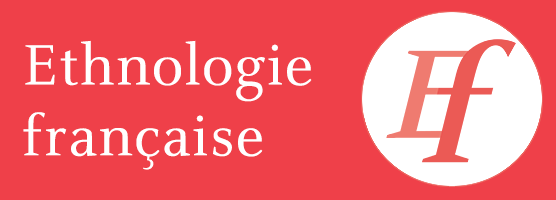A Pluralist Moment
The 1990’s marked a new era of ethnographic studies in Greece. Greek ethnography which was the monopoly of a relatively small community of Anglo-Saxon anthropologists in the first postwar decades has recently become a dynamic, ethnically diverse and theorically polyvalent field. This article offers a brief but systematic review of Greek and international ethnographic literature on Greece, with an emphasis on the last decade a period marked by the Balkan crisis, domestic policies of modernization, and the disciplinary turn toward subjectivity. Greek ethnography is fragmented into thematic circles focussing on gender, the body and other dimensions of the individual identity, as well as on collective identity, memory and modernity. It is also informed by alternative interpretations of the construction theory and by experiments with writing. The increased hellenization of Greek ethnography, its involvment in an anthropology « at home » and its positioning within the framework of Greek anthropology are the major challenges facing this theoretically extrovert discipline.
Keywords
- history of anthropology
- greece
- ethnography
- gender
- reflexivity
